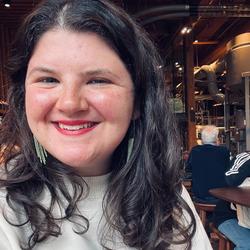Prepare for the Unexpected: Urban Governance in the Context of Compound Urban Crises and Disruptions
Organized by Urban Working Group
Urban governance faces immense challenges in the contemporary era, often characterized by polycrises—complex, interconnected crises spanning various sectors such as climate change, economic inequality, public health, and social unrest. Compound urban crises create new challenges for urban practice. These compounding crises can lead to both setbacks and progress, fostering on the one hand regression and stagnation, alongside opportunities for innovation and transformation. Municipalities influence them as well as are affected by them. The unpredictability and nonlinearity of polycrises present challenges for the strategic and linear thinking that characterizes urban governance. This leads to the question: Which changes are necessary in urban governance approaches and in research on the urban in the context of polycrises and disruptions? How have cities dealt with transformation so far and what can we learn from this for research and practice?
This online panel will explore what compound urban crises and other disruptions mean for urban governance, focusing on:
- The examination of the roles of scale and networks in coping, adapting and transforming in relation to crises. This includes both connections across (transnational connections) and within nations (processes of localization)
- Considerations of power and equity in relation to decision-making process in relation to crises. This could be in before, during, and aftermath of crises
- Adaptability as a ‘meta-ability’ in urban governance. Adaptability describes a way of understanding and acting that goes beyond specific strategies and instruments and focuses on reflection and flexibility. Through adaptability, actors act on a higher level to everyday practice to create room for manoeuvre during disruptive events. But how can this 'meta-ability' be embedded in the daily practice of city actors?
- The dealing with radical uncertainty by multiple actors. How do different actors, including policymakers, urban planners, the civil society, citizens, or business, act in situations of radical uncertainty? How can they interact and cooperate when cross-cutting issues are at stake?










